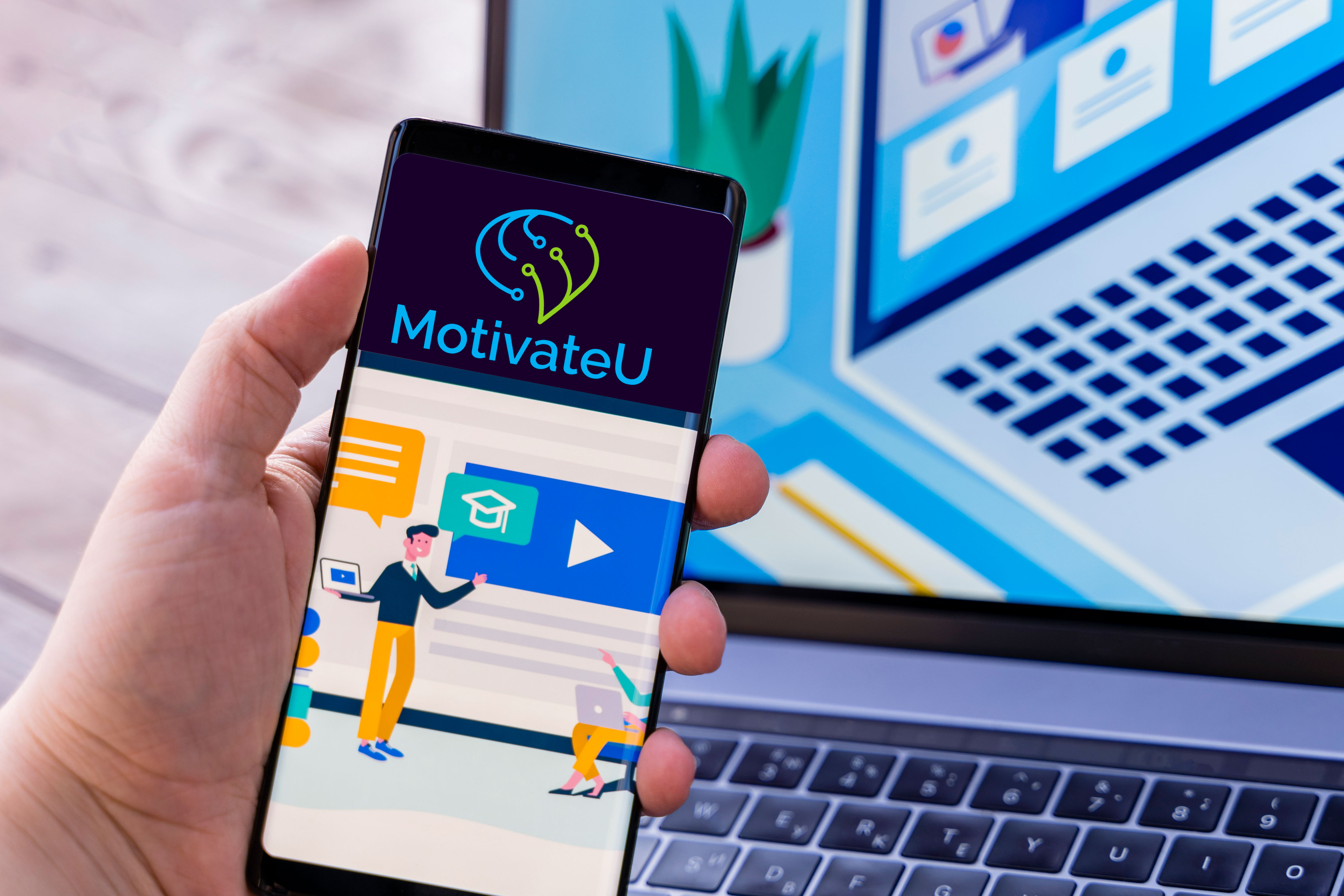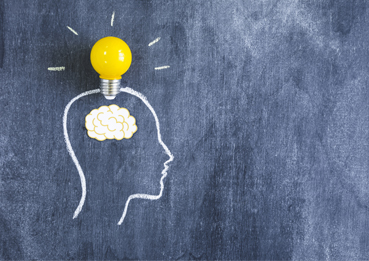The Influence of Online Platforms: Discover With Us
The shift towards online study has created a seismic impact on both students and parents alike. This transition is not just a mere change in the mode of delivery; it represents a significant shift in the educational paradigm, one that is reshaping the way knowledge is imparted and received. The digital education revolution has brought learning into the digital age, making it more accessible, interactive, and tailored than ever before.
Recent data paints a striking picture of this transformation. A report from 2023 reveals that over 65% of students globally are now engaging with some form of digital education. This statistic is a testament to the rapid adoption and integration of technology in the field of learning. Moreover, during the peak of the global health crisis, digital platforms became the lifeline of education, with over 1.2 billion children worldwide shifting to online learning. This unprecedented shift not only highlighted the capabilities of digital platforms but also showcased their critical role in ensuring the continuity of education in challenging times.
Ways in Which A Student Study App Like MotivateU Is Transforming Learning
As we delve deeper into the impacts of digital education on students and parents, it becomes evident that this shift is not just a temporary phase but a long-term transformation. This change is setting the stage for a future where learning is limitless, transcending physical boundaries and traditional constraints, and opening up new horizons for learners around the world. In this article, we learn about all of the ways in which education is shifting from being delivered offline to being delivered online. Keep reading to find out more.
The Rise of Digital Platforms
The shift to digital has been accelerated by several factors, not the least of which is the global adoption of technology in daily life. Online study platforms have become a beacon of learning, offering an array of resources and tools that cater to diverse learning needs. Tools like QReel and Qconnect, integral parts of modern learning apps, are perfect examples of how these platforms engage students in more dynamic and interactive ways than traditional learning methods.
- Global Connectivity and Collaboration: Digital platforms connect students from around the world, fostering global collaboration and cultural exchange. Students can participate in international projects, online debates, and collaborative learning, broadening their perspectives and understanding of different cultures.
- Preparation for Future Careers: As the world becomes increasingly digital, familiarity with online tools and platforms prepares students for future careers. Digital literacy is no longer optional; it’s essential. Online learning platforms equip students with the digital skills they need to succeed in a technology-driven future.
Interactive Learning Tools
Both students and parents are benefiting greatly from the new interactive learning tools that are changing the face of education. These resources provide fresh approaches to learning that go beyond conventional wisdom by facilitating active participation, comprehension, and memory retention.
- Enhanced Engagement through Gamification: Many online platforms incorporate gamification into learning, which significantly increases student engagement. Gamified elements like points, badges, and leaderboards make learning fun and competitive. This approach is particularly effective in maintaining student interest and motivation, especially in challenging subjects. Integrating emerging technologies like artificial intelligence (AI) and machine learning has made it possible to personalize the learning experience. AI can help in creating more effective study plans and providing insights into learning patterns.
- Practical Application: Scenario-based questions allow students to be presented with real-world situations and asked to apply their knowledge to solve problems. This method enhances critical thinking and problem-solving skills, preparing students for real-life challenges. Unique to digital education, VR and AR can transport students to different environments or historical periods, offering immersive learning experiences that are impossible in a traditional classroom.
Personalized Education
The focus on personification through an online education app is a significant evolution in how education is delivered, tailored to meet the individual needs and learning styles of students. Personalized education marks a shift towards a more student-centered approach to education. This approach not only caters to individual learning needs but also prepares students for a future where adaptability and special skill sets are crucial. Through these platforms, education becomes a journey tailored to the unique path of each learner.
- Adaptive Learning Algorithms: Many digital platforms utilize adaptive learning algorithms that adjust the difficulty and type of content based on student performance. This personalization ensures that each student is challenged appropriately, maximizing their learning potential. Online education allows students to learn at their own pace, a stark contrast to the one-size-fits-all approach of traditional classrooms. This flexibility is particularly beneficial for students who need more time to grasp concepts or those who learn faster and seek more advanced material.
- Inclusive Education: Personalized learning is inclusive, catering to diverse learning needs, including those of students with disabilities or learning difficulties. Customizable interfaces, adjustable content, and assistive technologies make learning accessible to a wider range of learners. Customizable education extends learning beyond the traditional classroom setup. Students can continue to explore subjects and topics of interest, fostering a lifelong love of learning. Instead of moving on after a set period, students can focus on mastering a topic before progressing, ensuring a solid understanding of fundamental concepts.
Preparing for Technological Advancements
The incorporation of these platforms into educational settings is absolutely necessary in order to provide students with the knowledge and abilities they will require to navigate the technological landscapes of the future. Because of this, digital learning platforms are crucial for educating students for both the here and now and for a technologically dependent future. Through the incorporation of these platforms into education, we provide students with the tools they need to thrive in a world that is constantly evolving due to technological advancements.
- Fostering Digital Literacy: These platforms play a crucial role in developing digital literacy, a fundamental skill in the modern world. By regularly using these platforms, students become proficient in navigating various digital tools and environments, preparing them for a future where digital competency is a necessity. These student study apps often incorporate the latest technologies, such as AI, VR, and AR, into their learning environments. This exposure not only enhances the learning experience but also familiarizes students with technologies that are becoming increasingly prevalent in various industries.
- Ethical and Responsible Use of Technology: Beyond just using technology, students learn about the ethical implications and responsible use of technology. This understanding is crucial in a world where technology is pervasive and its impact is far-reaching. In a rapidly changing technological landscape, the ability to continuously learn and upskill is crucial. Online platforms instill a mindset of lifelong learning, essential for keeping pace with technological advancements.
Conclusion
As we embrace the digital era in education, it’s evident that online study platforms like MotivateU are reshaping the educational landscape in profound ways. These platforms are not just changing how we learn; they are revolutionizing what it means to be educated in the modern world. The integration of such platforms with traditional educational methods is creating a hybrid model. This blend ensures that students benefit from both the depth and rigor of conventional education and the flexibility and innovation of digital learning.






